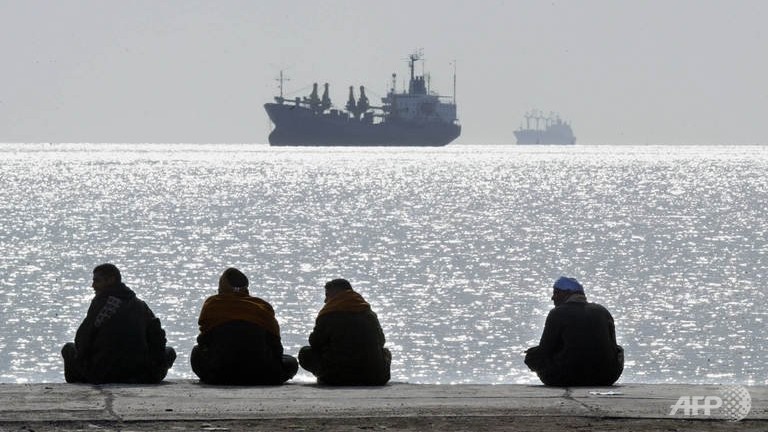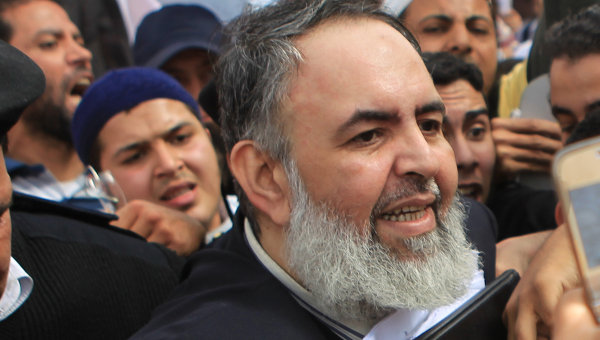Seventy Palestinian prisoners, previously serving life sentences, have arrived in Egypt following their release by Israeli authorities as part of a prisoner exchange deal with Hamas.
Egyptian media reported that two buses carrying the released prisoners entered Egyptian territory after Israel’s release as part of the deal. According to Palestinian sources, three additional buses with 114 liberated Palestinian prisoners arrived in Ramallah, with 16 prisoners from the same batch making their way to the Gaza Strip.
Earlier on Saturday, Hamas’s Prisoners’ Media Office published a list of 200 Palestinian prisoners due for release later that day, including 121 life prisoners and 79 with long sentences, as the second batch of the exchange deal.
Hamas confirmed the release of this new group, stating in a press release that “a new batch of our heroic prisoners, serving life and long sentences, will see the light of day today.”
In a related development, on Saturday, the Al-Qassam Brigades, Hamas’s military wing, handed over four Israeli female prisoners to the International Red Cross in Gaza City. This was part of the second batch of the prisoner exchange and ceasefire agreement, as negotiations continue for the release of 200 Palestinian prisoners.
The Commission of Prisoners’ Affairs, the Palestinian Prisoners’ Club, and the Prisoners’ Media Office also published a list of 121 Palestinian prisoners serving life sentences and 79 with long sentences, all of whom are slated for release as part of the agreement. In exchange, four female Israeli soldiers were released by the Al-Qassam Brigades.
Of the 200 Palestinian prisoners, 137 belong to Hamas, 26 to Fatah, 29 to Islamic Jihad, 3 to the Popular Front for the Liberation of Palestine, and one to the Democratic Front for the Liberation of Palestine. Four Palestinians with no factional affiliation will also be released.
As of January 19, a ceasefire between Hamas and Israel went into effect. The first phase of the ceasefire will last 42 days, during which negotiations will begin for subsequent phases, mediated by Egypt, Qatar, and the United States.



